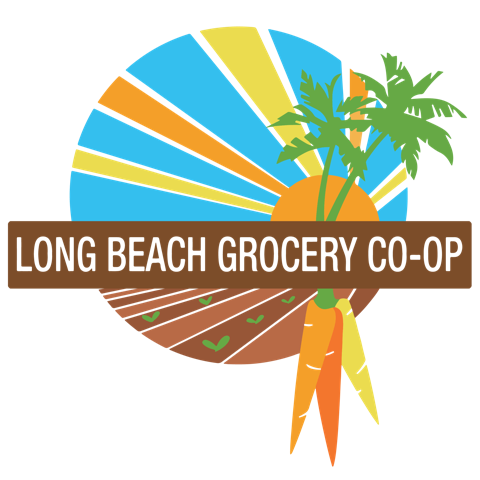Benefits of Ownership
From open membership and voting rights, financial benefits such as shopping discounts and patronage refunds, commitment to education and community development, to access to local, high-quality foods, co-ops offer many benefits compared to traditional grocery stores.
Ownership is a one-time commitment, a $250 life-time investment, that covers the entire household.
Focus on Local, High-Quality Food
Though every grocery cooperative is different, co-op members and boards generally seek out local, organic, high-quality foods and dry goods that may be available in limited quantities, or not at all, at traditional supermarkets and establish close relationships with local producers contributing to the local economy.
Joining a Like-Minded Community
When you buy a membership share in a grocery cooperative, you immediately become part of a like-minded group that cares about sustainable agriculture and supporting local food systems, as well as a business philosophy that values more than the bottom line. Co-ops are part of an economic network that prioritizes the fair treatment of workers at every step of the supply chain, from laborers who toil in the fields, to line workers who wash and process the harvest, to the truck drivers who deliver food throughout the country, to the employees you see at the co-op.
Influence on Strategic Direction
As a co-op member, you’re free to run for a spot on the board or join a subcommittee that interests you. In these roles, you can help forge partnerships with community groups, find new products to sell at the co-op, and launch new classes or programs for members. If you don’t want to be an active participant, you can still exercise your voting rights to elevate people you respect – often your neighbors – to positions of power within the organization.
As a supermarket shopper, you certainly don’t have this type of influence. Even as a retail shareholder in a publicly traded supermarket company, your ability to influence the company’s direction is likely to be almost nil due to the “one share, one vote” rule of for-profit corporate governance.
Discounts, Deals and Refunds
Many grocery cooperatives reward members with such financial perks as shopping discounts, members-only deals on individual items, and monthly or annual patronage refunds proportionate to the amount you spent during the covered period. Depending on how much you shop at your co-op, these benefits could soon offset the cost of your membership share.
Educational Opportunities
Most co-ops devote significant time and resources to educational programming and community development and outreach initiatives. Programming includes cooking classes, seminars on food production and distribution, and film nights. They also sponsor local CSAs and local non-profit organizations such as food banks and shelters. Depending on the co-op, these events may be free or come with a nominal fee, which is typically discounted or waived for co-op members. They’re generally led by co-op members, providing a platform for those with knowledge and skills to share.
Access to a Larger Co-op Network
Many co-ops are part of larger co-op networks that offer perks, such as discounts at checkout and discounts on class fees, for members at all participating organizations. For instance, ours is part of a network that includes a half-dozen other grocery cooperatives in our city. If we’re cooking at our friends’ place across town, it’s nice to be able to pop into their local co-op for last-minute ingredients and save a few bucks in the process.

